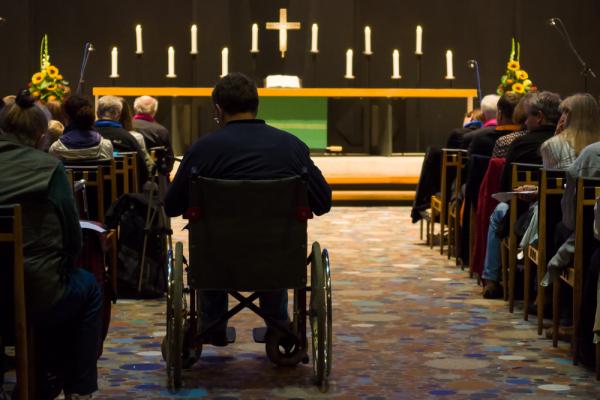Nov 19, 2013
Churches are supposed to be communities that represent Christ’s infinite love — and many of them do — but certain groups of people seem to be continually ignored, alienated, undervalued, and simply lost within American churches. Leadership structures, social expectations, religious values, and traditions within faith communities have a tendency to favor some groups but not others, resulting in discrimination instead of equality, exclusion instead of acceptance, and prejudice instead of fairness.
Read the Full Article

Already a subscriber? Login
